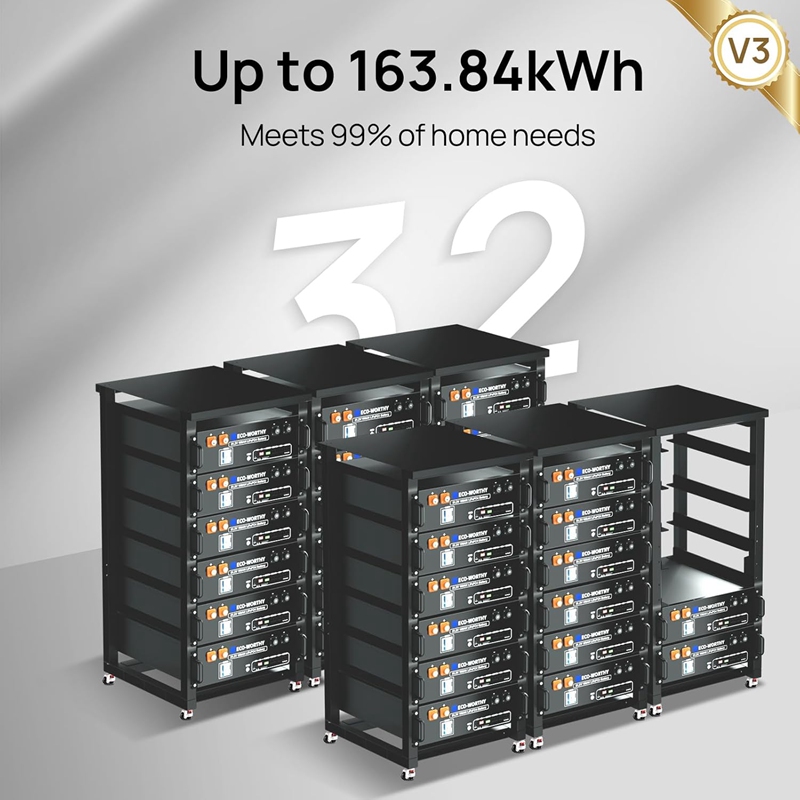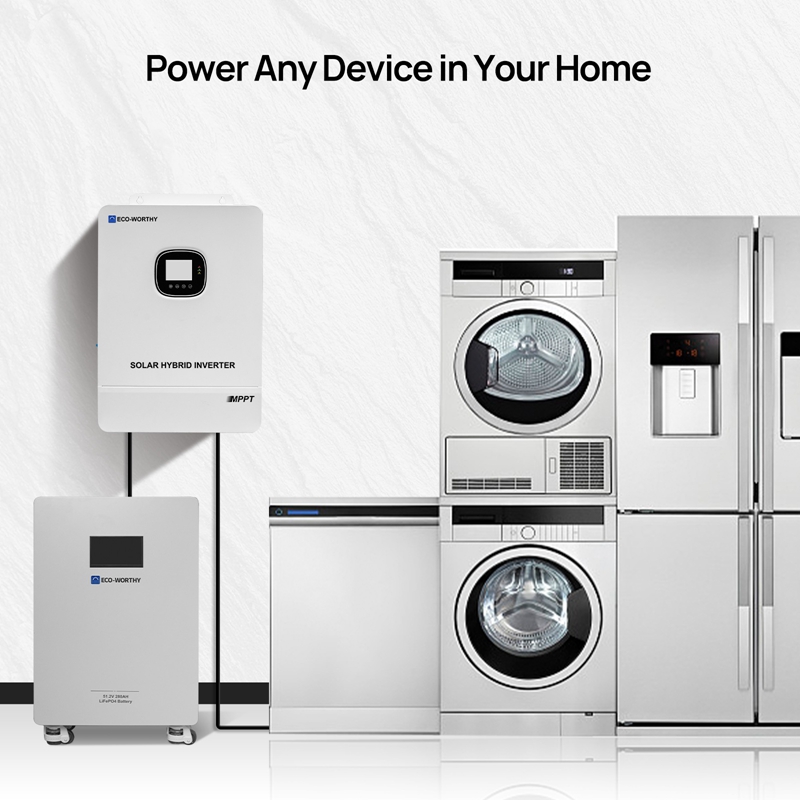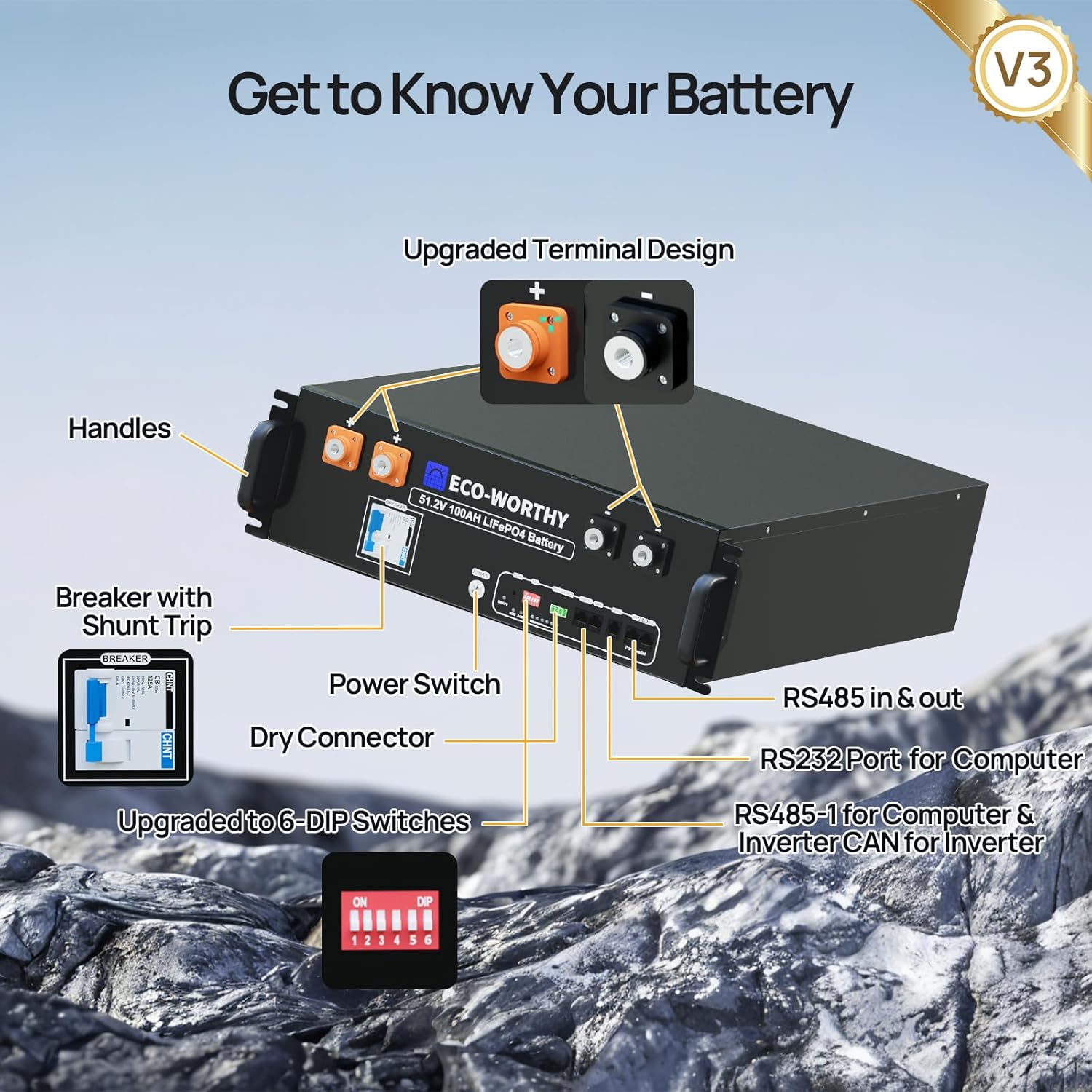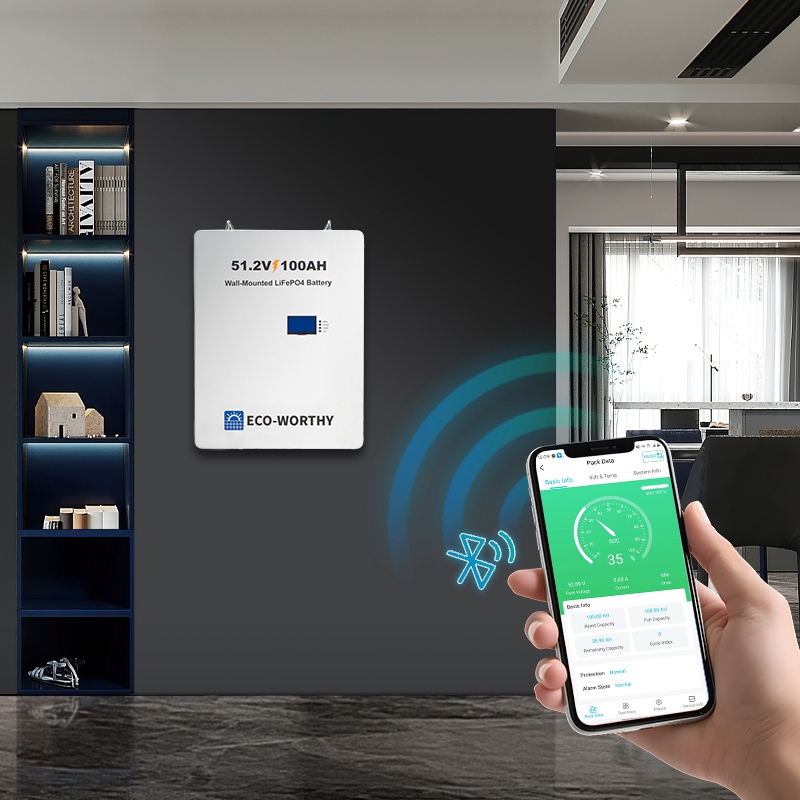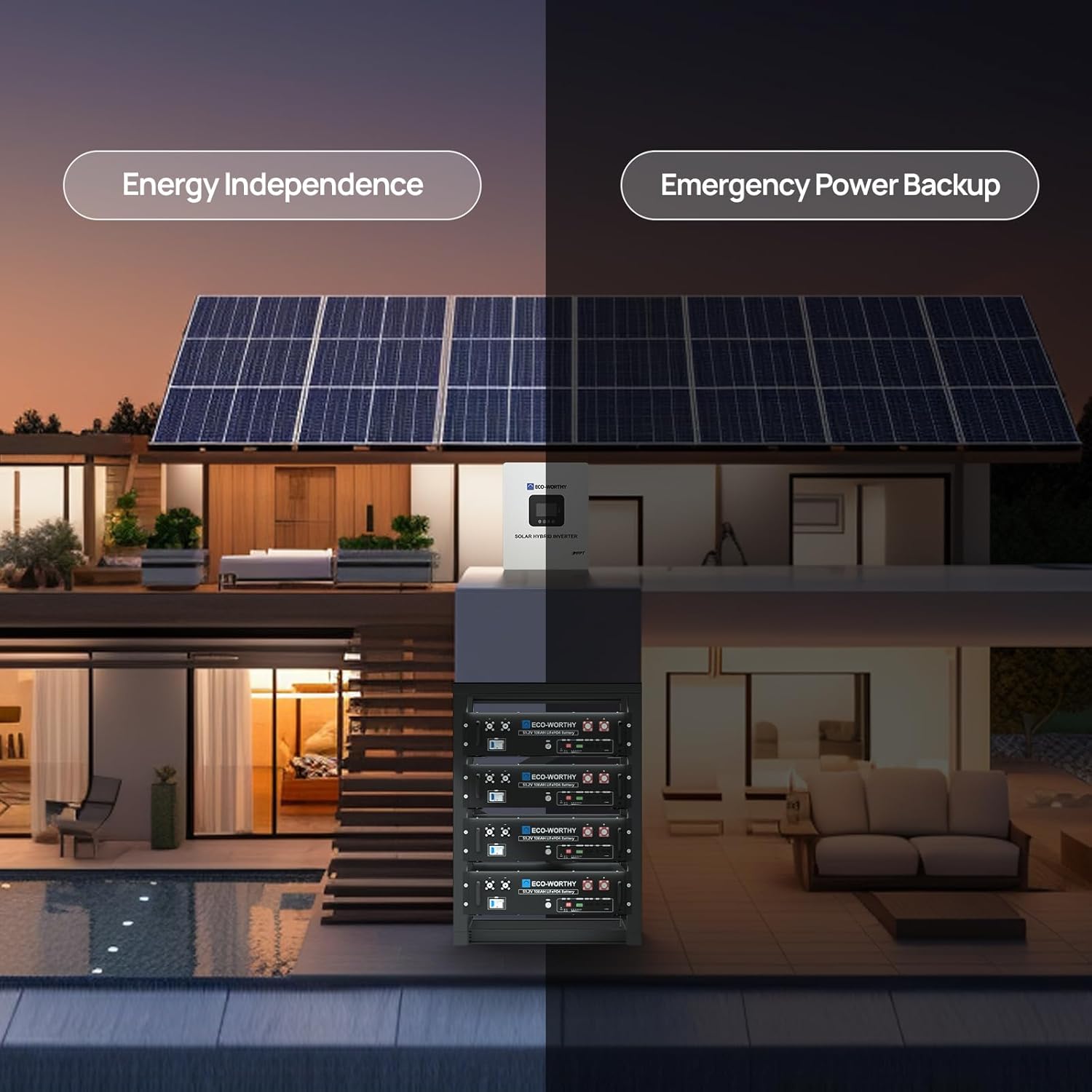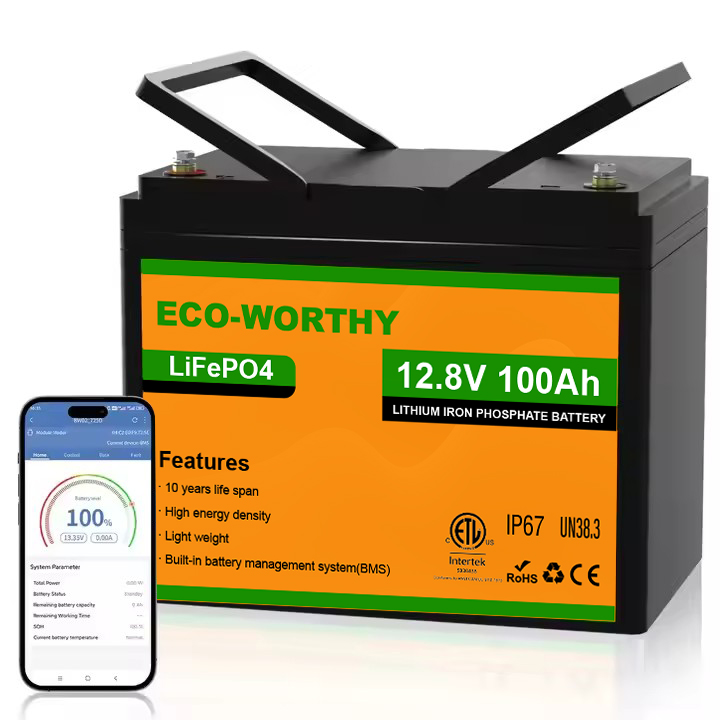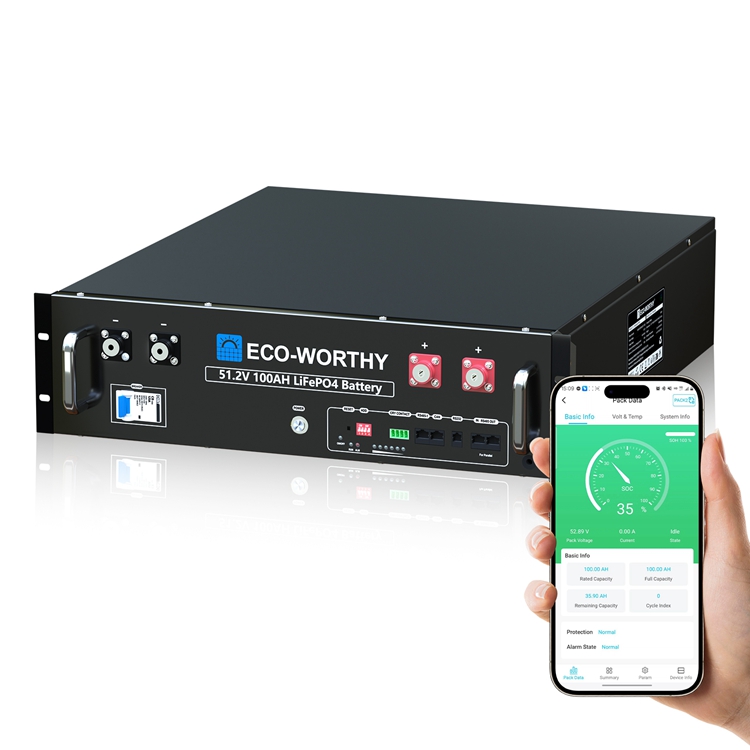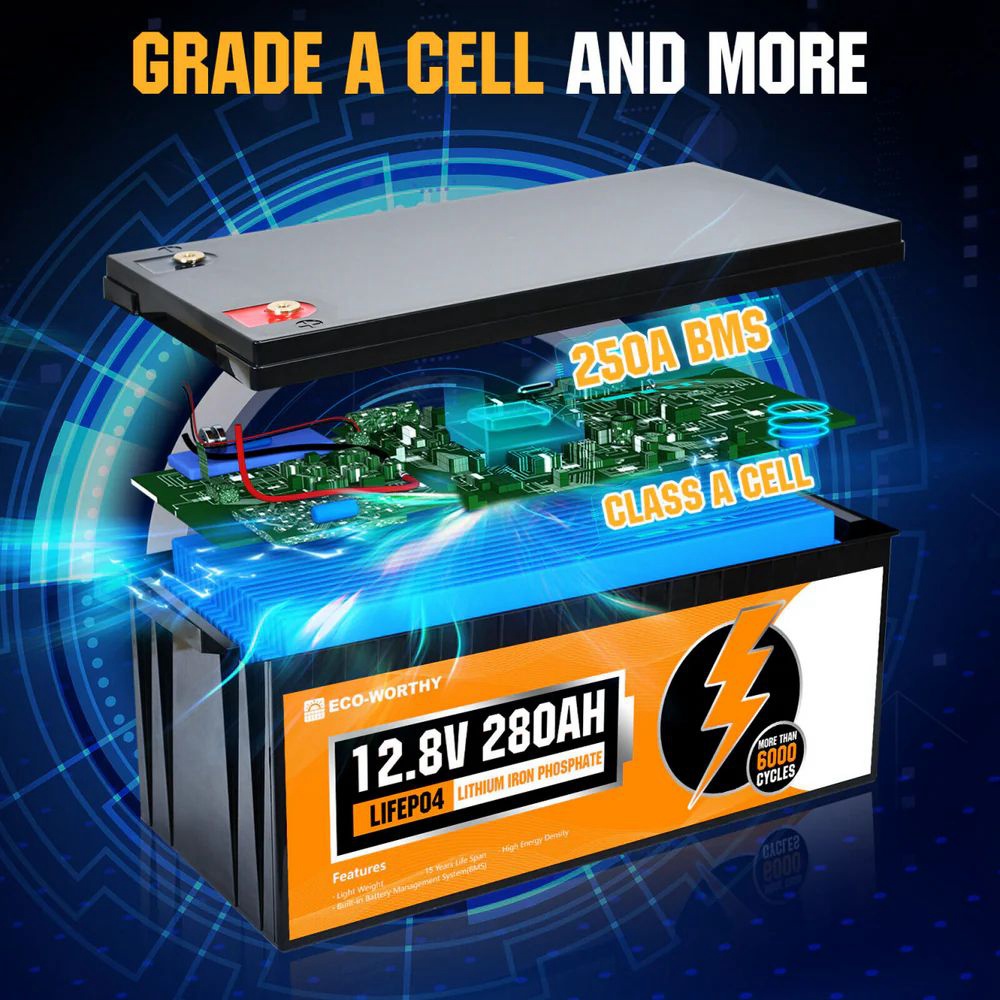Uninterrupted Power for 5G Base Stations: How the 51.2V 100Ah Rack Battery Solves Critical Energy Challenges
Apr 14, 2025
Introduction: The Silent Crisis Behind 5G’s Global Expansion
The rollout of 5G networks promises lightning-fast connectivity and revolutionary IoT applications, but beneath this technological leap lies a critical challenge: power reliability. With 5G base stations consuming 3-4 times more energy than their 4G counterparts (GSMA 2023) and millions of new sites deployed annually, traditional power solutions are buckling under the strain. Remote stations in developing regions battle erratic grids, while urban installations face volatile load spikes from dense user traffic. For telecom operators, even a momentary power interruption can trigger cascading outages, tarnishing brand reputation and incurring steep penalties under strict Service Level Agreements (SLAs). In this high-stakes landscape, the 51.2V 100Ah Server Rack Battery emerges as a transformative solution, engineered to deliver zero-downtime performance across the harshest environments.
Section 1: Why 5G’s Energy Demands Are Reshaping Power Infrastructure
The transition to 5G isn’t merely an upgrade—it’s a complete overhaul of energy dynamics. Modern base stations integrate power-hungry technologies like Massive MIMO antennas and edge computing nodes, driving average power consumption to 5-10kW per site. Unlike 4G’s steady load profile, 5G’s reliance on millimeter-wave frequencies and ultra-dense deployments creates sudden power surges, with fluctuations exceeding 200% in milliseconds. These spikes demand backup systems capable of near-instantaneous response, a feat traditional lead-acid batteries fail to achieve due to their sluggish discharge rates.
Compounding this challenge is the geographic spread of 5G infrastructure. To ensure coverage, operators are forced to deploy stations in off-grid deserts, remote mountain ranges, and flood-prone coastal zones—environments where grid instability is the norm. The International Telecommunication Union (ITU) reports that 40% of rural base stations in emerging markets experience daily voltage fluctuations, leading to frequent equipment damage and service disruptions. For operators, the financial toll is staggering: a single hour of downtime can cost upwards of $10,000 in SLA penalties, not to mention lost customer trust.
Section 2: The 51.2V 100Ah Rack Battery – A Technical Breakthrough for 5G’s Toughest Challenges
At the heart of this solution lies cutting-edge lithium iron phosphate (LFP) chemistry, a technology born from aerospace and EV industries, now optimized for telecom rigor. Unlike legacy systems, the 51.2V rack battery achieves <10ms grid-to-battery transition speeds, effectively eradicating micro-outages that plague 5G’s sensitive hardware. This rapid response is enabled by an AI-driven Battery Management System (BMS) that continuously monitors load patterns, preemptively allocating power reserves for sudden surges.
Durability is another cornerstone. Engineered to withstand temperatures from -20°C to 55°C and protected by an IP55-rated enclosure, these batteries thrive in environments that cripple conventional alternatives. In the Sahara Desert, where sandstorms and 50°C heat render lead-acid batteries useless within months, telecom operators using the 51.2V rack units report zero failures over 18 months of continuous operation. Similarly, in Siberia’s -30°C tundra, the batteries’ self-heating cells maintain stable performance, eliminating the need for costly external heating systems.
Real-world deployments underscore their impact. A Southeast Asian telecom giant replaced 1,200 lead-acid units with the 51.2V rack batteries across remote mountain sites, slashing outage rates by 92% within a year. Meanwhile, a hybrid solar-battery installation in Nigeria’s Niger Delta reduced diesel generator runtime by 70%, cutting CO2 emissions by 450 tons annually—a win for both profitability and sustainability.
Section 3: Lead-Acid Batteries – An Obsolete Technology in the 5G Era
Despite their lower upfront cost, lead-acid batteries are a false economy for modern networks. Their limitations begin with energy density: at just 30-50 Wh/kg, they occupy triple the space of lithium alternatives, forcing operators to allocate precious real estate for bulky battery rooms. Maintenance is another burden—lead-acid units require monthly water refills, terminal cleaning, and ventilation to manage toxic acid fumes, all impractical for remote sites.
Cycle life tells a grimmer story. While a typical lead-acid battery lasts 300-500 cycles (2-3 years) before capacity plummets, the 51.2V rack battery delivers 6,000+ cycles at 80% depth of discharge, ensuring a decade of service with minimal degradation. Over a 10-year span, the Total Cost of Ownership (TCO) gap becomes undeniable: lead-acid systems incur 15,000∗∗inreplacementsandlabor,versus∗∗15,000∗∗inreplacementsandlabor,versus∗∗8,200 for lithium—a 40% saving that scales exponentially across large networks.
Section 4: Pioneering the Future – Smart Energy Ecosystems for 5G and Beyond
The 51.2V rack battery isn’t just a backup solution; it’s a gateway to intelligent energy ecosystems. Advanced BMS software integrates with grid management platforms, enabling operators to participate in demand-response programs. During peak hours, stored energy can be sold back to utilities, transforming base stations into revenue-generating assets.
Looking ahead, AI-powered predictive analytics will redefine maintenance. By analyzing historical performance data and real-time health metrics, the system alerts engineers days before potential issues arise—a proactive approach that could reduce emergency repairs by 80%.
Conclusion: Powering Progress Without Compromise
In the race to dominate 5G, uninterrupted power isn’t optional—it’s existential. The 51.2V 100Ah Server Rack Battery offers operators a proven path to eliminate downtime, slash costs, and future-proof their networks against tomorrow’s energy challenges. As one CTO of a European telecom leader noted, “This isn’t just an upgrade; it’s the foundation for our next decade of growth.”
